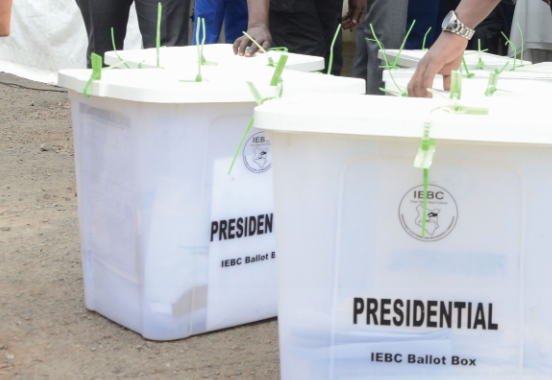
The European Union has raised a red flag over the failure to effect key reforms to ensure free and fair elections in 2027.
The EU Election
Follow-up Mission Kenya 2025 Final Report, released on Thursday, sounds
an alarm over lack of political will to undertake electoral reforms.
The
reforms are needed to ensure transparency, independence and integrity
in key electoral institutions before the next elections.
The
report says there is limited progress in the implementation of
recommendations by the 2022 EU Election Observation Mission in Kenya.
“Out
of 21 recommendations offered by the 2022 EU EOM, one recommendation on
the removal of restrictions requiring an educational degree to stand
has been partially implemented,” the report says.
“While
for a few, some actions or activities are ongoing. Several
recommendations have not been addressed yet, including those where it is
too early in the electoral cycle to assess their status.”
It adds that electoral reforms have primarily consisted of proposals, mainly concerning technicalities.
Two
laws have been passed, albeit after considerable delays. One was on
procedures for regulations and the other, ensuring the appointment of an
IEBC board.
“The
broader picture reveals an apparent lack of political will to address
core reforms necessary for promoting transparency and ensuring key
institutions' integrity and independent functioning before the next
elections,” it says.
The
report had raised issues with the delay in the reconstitution of the
IEBC and the need to adequately fund key electoral preparations, such as
comprehensive and inclusive voter education and voter registration.
In
this context, the EU adds that prompt holding and effective management
of delayed by-elections will be a crucial test for the new IEBC.
“The
2027 General Election is only two and a half years away, and the window
of opportunity for action is rapidly closing,” it says.
Key steps to regulate campaign funding and expenditure must be assured at least 12 months before the next elections.
These
are essential to controlling the exorbitant costs of elections in Kenya
and promoting the inclusion of women, youth and other special interest
groups.
“A similar time pressure applies to the overdue process of boundary delimitation,” the report says.
It notes, however, that there is still time for comprehensive and effective electoral reforms, provided the government and the legislature prioritise such reforms on their agenda.









